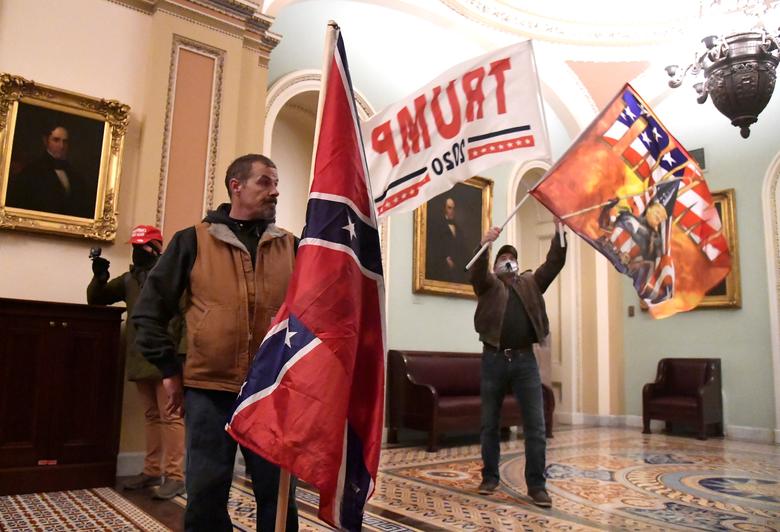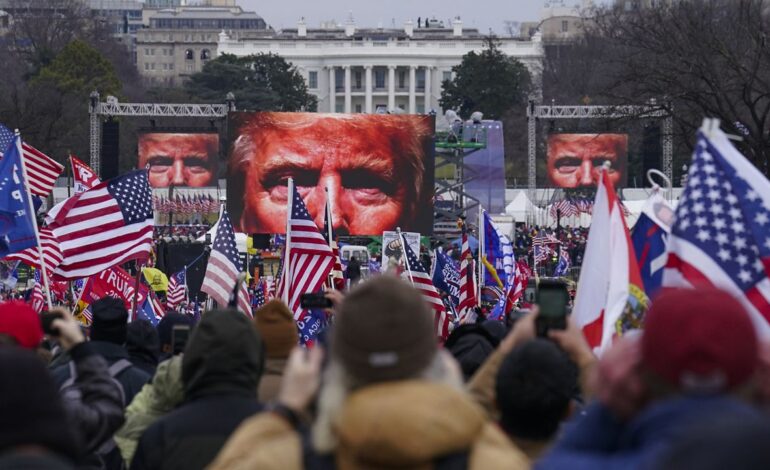— This article by Abdul El-Sayed originally appeared in the newsletter The Incision. It has been edited for style. Subscribe to The Incision here: incision.substack.com
When I told my parents that I was going to run for governor of Michigan, I could see through the windows of their eyes the emotions battling in their minds. Immigrating from a country where political agitation could have you disappeared — or worse — the idea of their son participating in politics, as a candidate no less, was gut-wrenching. But then, what did they come here for if not the rights and freedoms of full participation in their society?
I had glimpses of the political reality my parents escaped when I’d visit my family in Egypt over summers growing up. I wrote about one particular experience in Healing Politics.
Teta had warned me several times that the free speech I took for granted at home simply didn’t exist in Egypt. I tested her admonitions anyway. Amid the bustle of the afternoon market one day, I shouted the choicest Arabic words my cousins had taught me about the then-dictator, Hosni Mubarak. That evening, plainclothes cops came to our apartment looking for me. It was the first time I saw fear on my grandfather’s face.
“Go get me your passport,” he told me calmly, his eyes adding the emphasis. Holding my American passport in his hands like a talisman against evil, he went to the door: “This boy is an American. You can’t talk to him.”
Even beyond the borders of my own country, my American passport protected the freedom of my speech. Had my cousins pulled the same stunt, they would have been detained and possibly disappeared.
Just one generation removed from the brutal political realities in which my parents grew up, I had forgotten to heed them. So I don’t easily begrudge people who take the norms and mores that undergird our democracy for granted.
But it’s time to pay attention.
On Jan. 6, a vile strain of American proto-fascism, led by Donald Trump, attempted to interrupt the certification of our election.
Democracy is fragile. Less a tank than a model airplane, it’s not riveted through or bolted down; it’s held together by the gravity of norms and the slack glue of the law. The enemies of democracy are now shaking it violently.
On Jan. 6, a vile strain of American proto-fascism, led by Donald Trump, attempted to interrupt the certification of our election. It was an attack on our democracy — as well as all our democracy is supposed to represent: The notion that in this country we can forge “out of many, one,” an America true to her ideals, that “all [people] are created equal and endowed by their Creator with certain inalienable Rights”, including the right to participate in their own self-government. They would trade the right to vote and equal representation for a White, identitarian, minoritarian strongman.
And though by the end of that fateful day, the halls of Congress had been cleared and the election was duly certified, the attack on our democracy had only begun. They had assaulted the peaceful transition of power, a first cut through the skin of our democracy. Rather than allow it to heal, the right wing ideological war machine took over, infecting the wound with their bile, making sure it grew and festered.
That cut is now a pustulating wound. A year on, there remains no national consensus about what happened on Jan. 6. An ABC-Ipsos poll found that a full quarter of Americans (the majority of Republicans) believed that the insurrectionists were “protecting democracy.”
That has implications for the future. Another poll by the Washington Post and the University of Maryland found that about 40 percent of Republicans and Independents and 23 percent of Democrats believe that violence against the government could be justified.
The violent acts of Jan. 6 were never intended to undo our democracy then and there. Rather, they were always the substrate for a longer, more drawn out information war designed to reverse the norms that have held us together, if imperfectly, for centuries.

Kevin Seefried holds a Confederate flag after illegally breaking into the U.S. Capitol on Jan. 6, 2021. Seefried was later arrested by the FBI, as have more than 100 others who stormed the highly restricted building that day, a siege which led to the death of a police officer. Photo: Reuters
The right wing information war machine has already succeeded in selling anti-democracy to its own. We cannot allow it to dupe us, too. They would have us believe that our democracy — the one they have worked so diligently to corrupt — isn’t worth the fight.
As a reader of history, I am no apologist for our nation’s limitations. It has never redressed the violence done upon Native Americans to found this country. It has never repaired the original sin of slavery. It continues to contradict itself, offering “freedom and liberty” for those whose capital already guarantees it, while violating its own ideals of separation of church and state to police the bodies and minds of the poor and marginalized. It offers blatant opportunities for corporate capture while denying suffrage to the voices its actions have silenced since its inception. Millions of dollars can buy you a candidate even as our failure to facilitate suffrage has denied the votes of millions. And yet: Our democracy remains the best and only tool for addressing those failures.
The right wing information war machine has already succeeded in selling anti-democracy to its own. We cannot allow it to dupe us, too. They would have us believe that our democracy — the one they have worked so diligently to corrupt — isn’t worth the fight. Why save something so imperfect? Imbibing that belief would have them winning twice — corrupting our democracy and then convincing us to let them throw it out.
No. I’ve waited in too many Egyptian bread lines where might makes right, listened to too many families broken because their father or sister had the will to speak truth to the power of a corrupt despot, to believe that this democracy isn’t worth protecting. So, as we reflect on the insurrection one year ago today, let us also ask what we can do to clean and bind the wound of our democracy.
That starts with believing in it, standing up for it, even as we demand it be better.
— Dr. Abdul El-Sayed is a physician, epidemiologist, educator, author and a former Michigan gubernatorial candidate






Leave a Reply